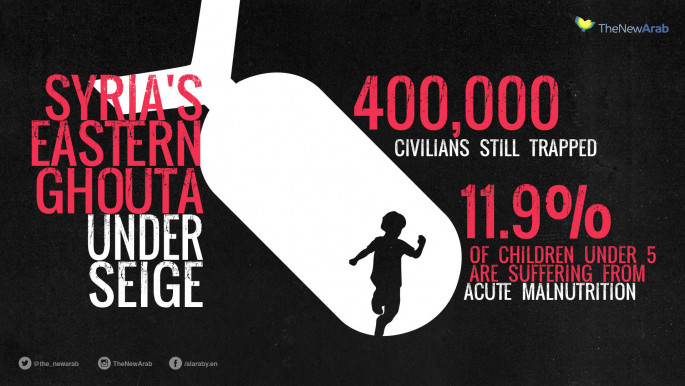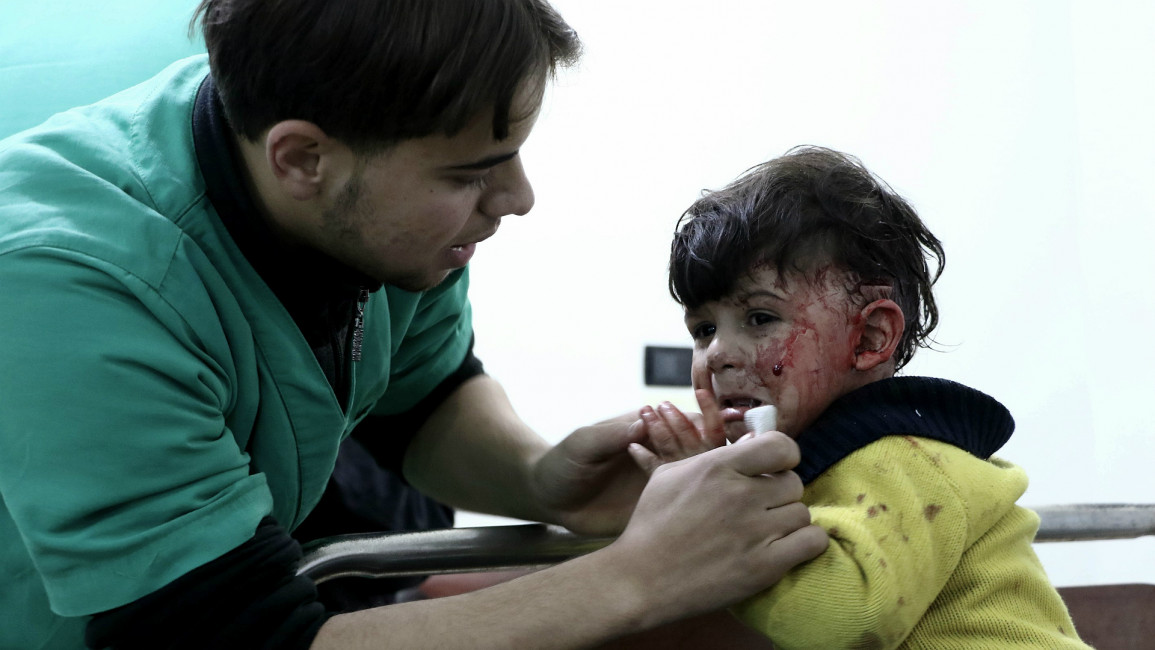Assad regime has 'used cluster bombs' in Syria's besieged Eastern Ghouta
Eastern Ghouta, a rebel-held suburb northeast of the Syrian capital city Damascus, has been under a tightening siege by Syrian dictator Bashar al-Assad’s regime since 2013.
Amnesty said on Thursday that at least 10 civilians had died because of the government's use of the banned Soviet-made cluster munitions. The rights group says its information is based on interviews with activists, verification of open source videos and photographers.
Amnesty says the indiscriminate weapons gravely endanger civilians because of their indiscriminate nature. The watchdog says they first appeared in Syria after Russia began strikes against anti-government groups in September 2015.
Some 400,000 civilians are believed to be trapped in the suburb. The World Health Organisation has also expressed "grave" concerns over the deteriorating situation in Eastern Ghouta with the needs of the population not being met.
The UN children's agency UNICEF said on Wednesday that the region has the highest child malnutrition rate ever recorded since the start of the Syrian conflict.
A November survey in the rebel-held area outside Damascus showed 11.9 percent of children under five were suffering acute malnutrition, "the highest rate ever recorded in Syria" since the conflict started.
Eastern Ghouta is one of the last remaining opposition strongholds in Syria. Recent weeks have seen an increase in violence and aid groups have expressed "grave" concerns over the deteriorating situation in the region.
The Syrian conflict began when the Baath regime, in power since 1963 and led by Assad, responded with military force to peaceful protests demanding democratic reforms during the Arab Spring wave of uprisings, triggering an armed rebellion fuelled by mass defections from the Syrian army.
The brutal tactics pursued mainly by the regime, which have included the use of chemical weapons, sieges, mass executions and torture against civilians have led to war crimes investigations.



